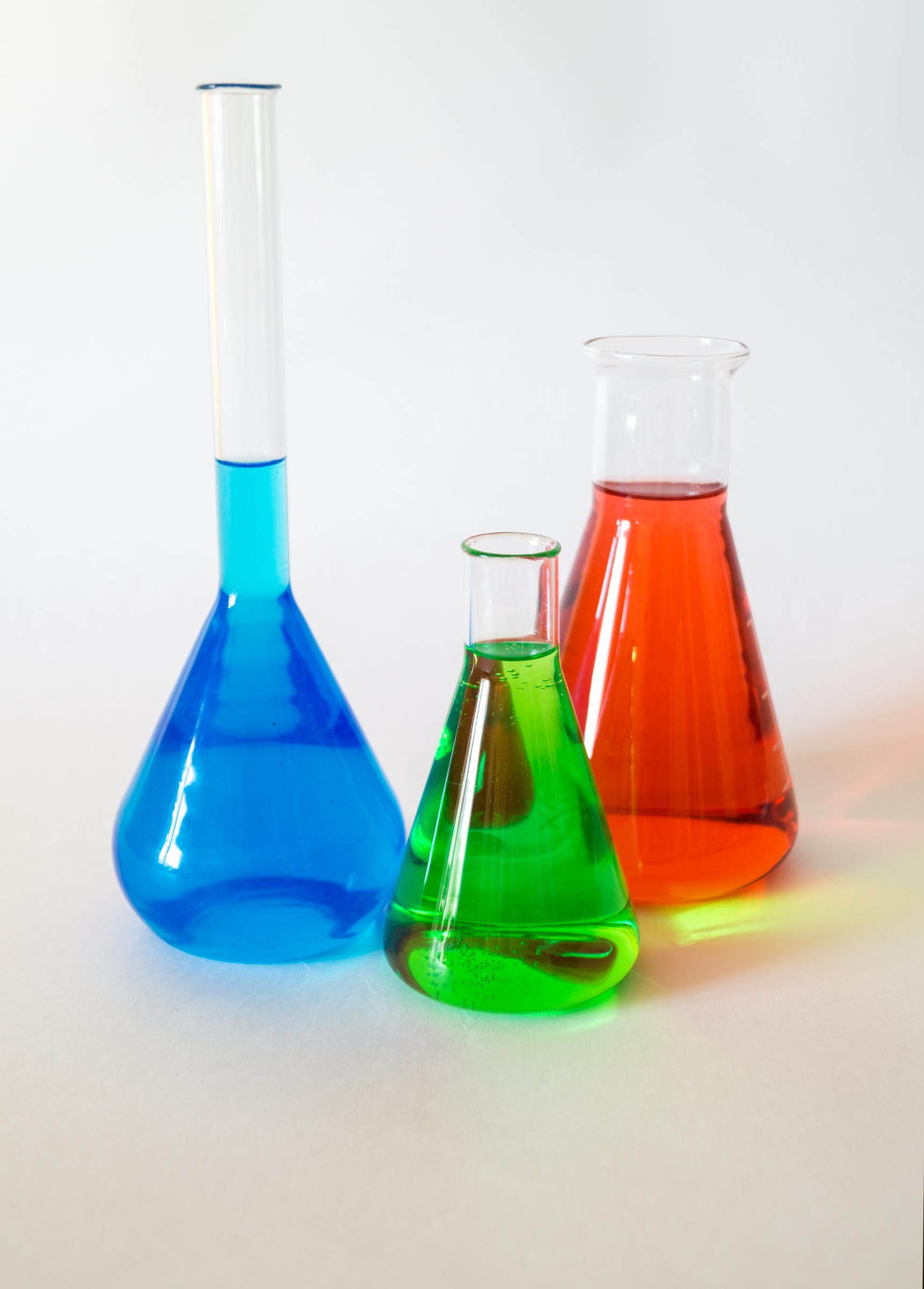Science

This term we will move into the area of Physical Science.
Physical science is the study of how non-living things work —rocks,air,light,magnets & things move. Its like being a detective for everything that isn’t alive. It is the physics (how things move and work) of science!
Foundation
On the Move.
Why do things move? The universe, and everything in it, is continuously moving and changing. Movement and change are concepts that we need to understand to make sense of the world around us. They are linked to concepts of energy and force. Scientists and engineers apply these concepts to study the performance of athletes and in the design of toys, cars and spacecraft.
Grade 1
Push and Pull
Forces are at work in everything we do – we push to open doors, and pull to tie ropes. Gravity pulls on things to make them fall down or to keep them down. Scientists and engineers study forces to design better bridges and faster aeroplanes, and to reduce the forces that impact on people in car accidents.
Grade 2
SoundStudio
Students learn about sound energy and how different objects and actions can create different sounds. They apply this knowledge to design and create sound effects for a specific prompt.
Grade 3
Magnetic Attraction
Grade 4
Magnetic Moves
They’re a useful way to stick things to a refrigerator. However, magnets play a more important and often unseen role in our daily lives. Many common household items have magnets in them and are part of what makes these items work. We use magnets to hold cupboard doors shut. Electronic devices such as washing machines, telephones and sound systems have magnets in them. We entrust key information to a pattern of magnetisation on our credit cards and in our computers. Magnets help recycling centres to triage materials and large ones can be used to pick up cars
Grade 5
Light Shows
What would our lives be without light? We need it to see everything we do in every moment of the day. We rely on light to read a book, cross the street, admire artwork, watch the sunset and look into faces. Light plays a role in some of our most sophisticated technology. It enables us to play music from a CD or record movies. High-speed optical cable is used in our communications. Lasers are employed in cutting-edge surgery and defence.
Grade 6
Circuits and Switches
Access to safe, reliable electrical power has revolutionised our lives in countless ways. With a flick of a switch we complete a circuit, allowing electrical energy to be transferred and transformed into light in our lamps and televisions, heat in our toasters and electric blankets, sound in our radios, and motion in our dishwashers and blenders. In this unit, students will investigate how to create complete circuits to turn on lights and buzzers, and how to represent these circuits with technical circuit diagrams using electrical symbols.